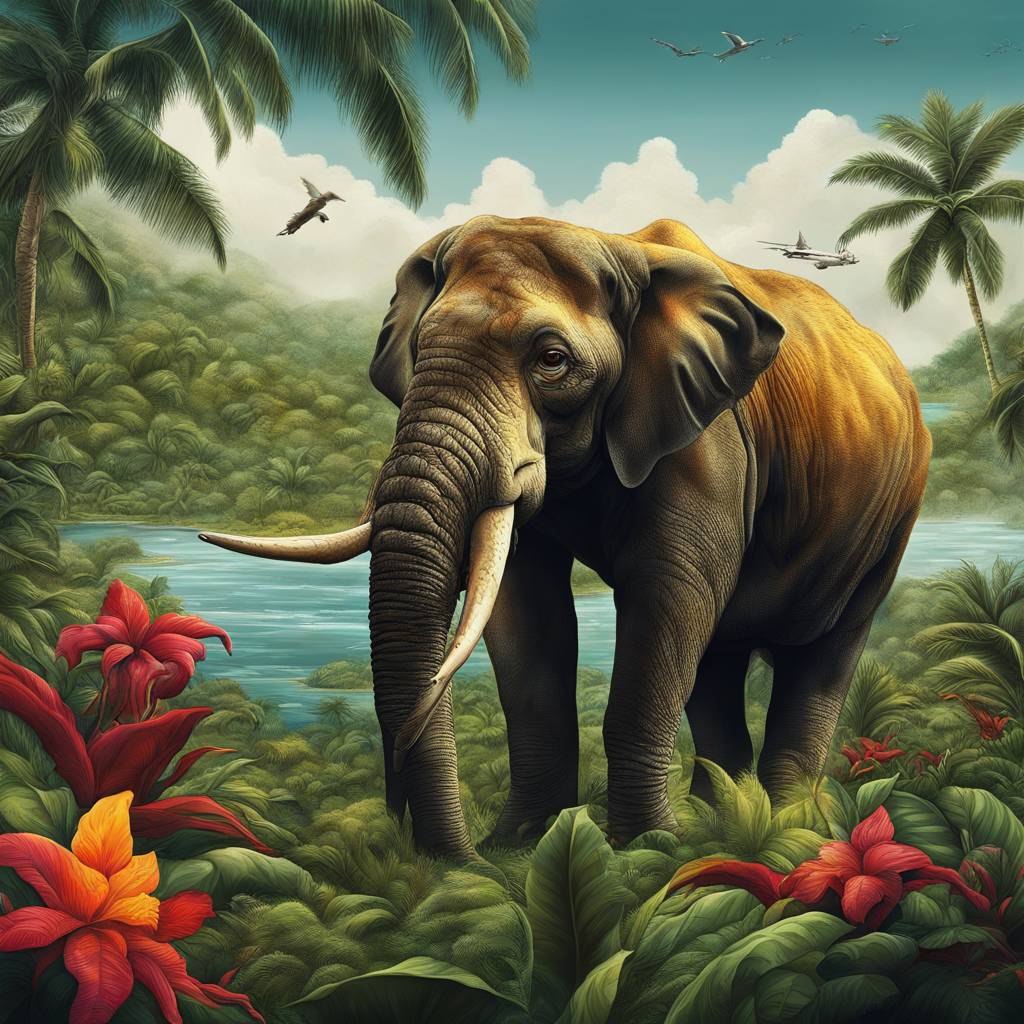In Cali, Colombia, a task force conducted an undercover sting operation targeting wildlife trafficking, rather than drug trafficking, resulting in the rescue of a python and two turtles from a home. With Colombia being one of the most biodiverse countries globally, it is increasingly vulnerable to illicit wildlife trafficking. The wildlife investigative unit in 2023 rescued three animals every 20 minutes on average, illustrating the extent of the issue. The police unit investigating environmental crimes has shifted its focus to combat wildlife trafficking, which generates $23 billion annually globally.
With Colombia’s rich natural resources, traffickers are plucking wild animals from tropical rainforests, coastlines, and mountains to sell on the black market. Silvia Vejarano, a biologist, highlighted the impact of removing individuals from endemic species and the crucial role they play within ecosystems. Colombian authorities have trained officers to investigate wildlife trafficking and have ramped up operations to combat the growing demand for exotic pets. Traffickers have become more sophisticated, organising to profit from illegal animal sales, which gained momentum during the pandemic.
Poachers and wildlife merchants use the same transportation routes as drug traffickers, often attracting less attention from law enforcement. Wildlife trafficking has moved online, with animals advertised on social media platforms and sold through various digital channels. Despite efforts to combat trafficking, illegal online sales continue, driven by the status symbol of owning exotic animals. The tactics used by police to catch poachers have parallels with those used to catch drug dealers, including monitoring online transactions and conducting undercover operations.
Colombian lawmakers passed legislation in 2021, making wildlife trafficking a punishable crime. The investigative unit has led to high-profile arrests, such as a fashion designer using trafficked animal skins for luxury bags. However, defendants often serve minimal jail time, and trafficked animals face harsh conditions during transit. Despite these challenges, efforts by authorities have led to successful rescues, with some animals being adopted by zoos or released back into the wild. While outcomes vary, these successes keep officers motivated to continue their work in protecting wildlife.
The demand for exotic pets and the cultural tradition of owning wildlife in Colombia contribute to the illegal wildlife trade. Efforts to educate the public on the legal implications of buying and selling animals are ongoing. With the support of international organisations and local conservation groups, Colombia aims to tackle wildlife trafficking and preserve its rich biodiversity. As authorities adapt their strategies to combat the evolving tactics of traffickers, the importance of protecting endangered species and fragile ecosystems remains at the forefront of their efforts. Through collaboration and enforcement of wildlife protection laws, Colombia continues its fight against wildlife trafficking to safeguard its natural heritage for future generations.













